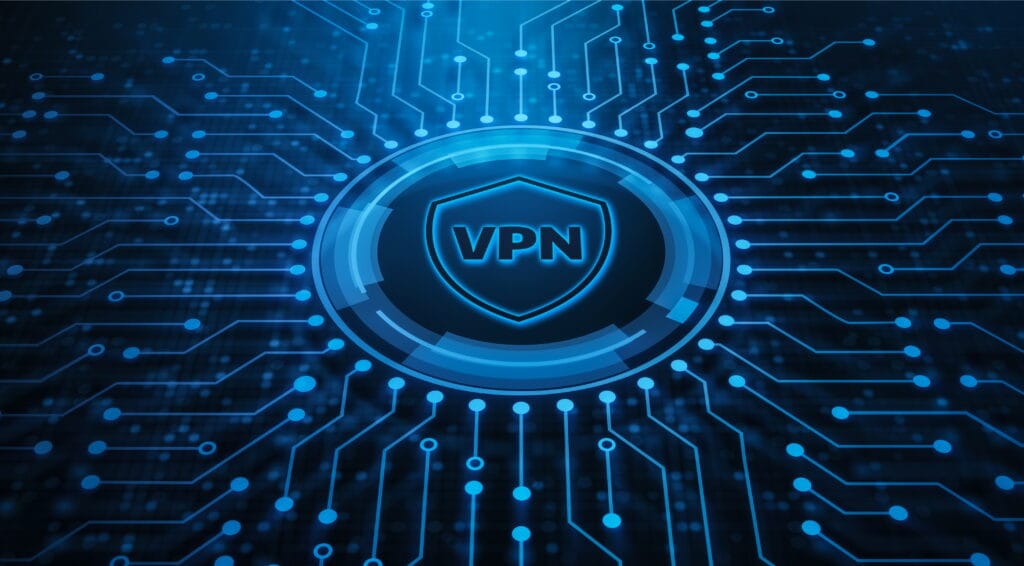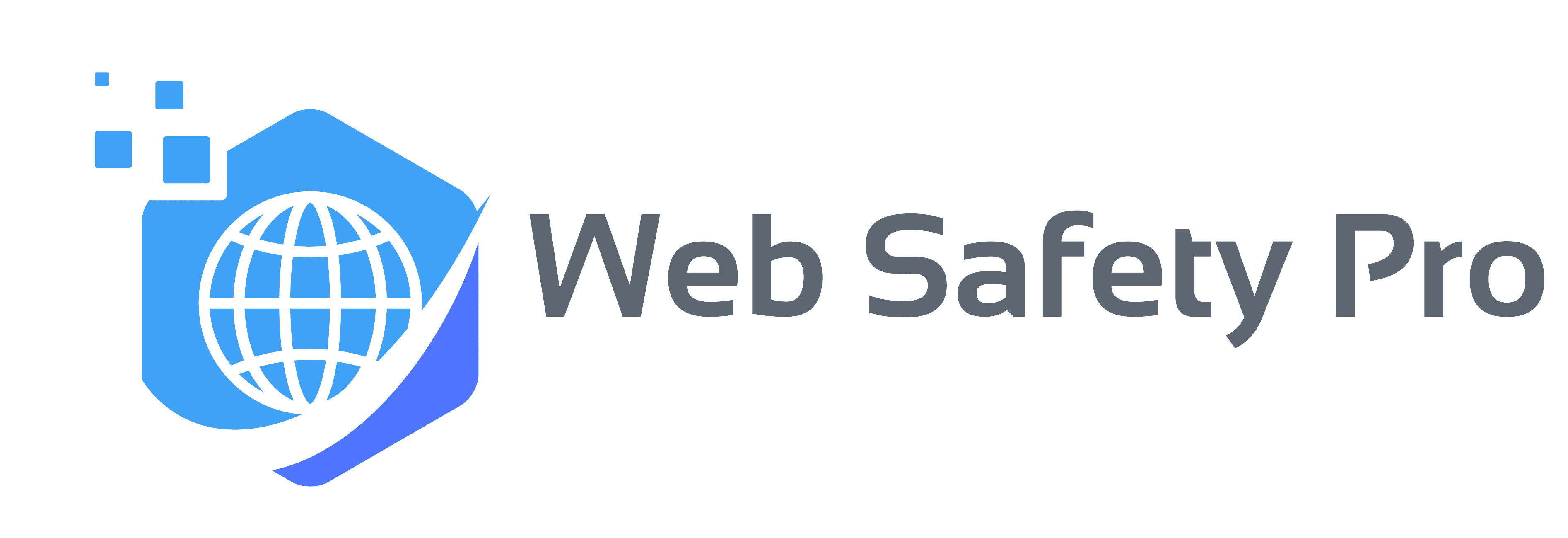In today’s increasingly digital world, online privacy and security are more important than ever. A Virtual Private Network (VPN) is one of the most effective tools to safeguard your personal data and maintain anonymity while browsing the internet. Whether you are a beginner or an experienced user, understanding the essential VPN tips and tricks can significantly improve your browsing experience. In this guide, we’ll explore various VPN tips and tricks to help you optimize your privacy, security, and internet performance.
- Choose the Right VPN Provider
- Utilize Split Tunneling for Better Speed
- Change Your VPN Server Location for Better Speed and Access
- Always Enable the Kill Switch
- Use Multi-Factor Authentication for Extra Security
- Clear Your Cache and Cookies Regularly
- Avoid Using Free VPNs for Sensitive Activities
- Use a VPN with Tor for Ultimate Anonymity
- Check for DNS and IP Leaks Regularly
- Update Your VPN Software Regularly
- Avoid Using Public Wi-Fi Without a VPN
- Use VPN on Multiple Devices
- Conclusion
- Why We Recommend NordVPN for Maximum Security
Choose the Right VPN Provider
The first step in ensuring your online security is selecting the right VPN provider. With many options available, it’s essential to choose a provider that offers high-speed servers, robust encryption protocols, and a strict no-logs policy. Opt for a VPN that has a proven track record of protecting user data, ensuring that your information remains private. Some top-rated VPN providers include NordVPN, ExpressVPN, and CyberGhost.
Tip: Always research the VPN provider’s privacy policy and server locations before committing. Make sure they offer a reliable kill switch and DNS leak protection.
Utilize Split Tunneling for Better Speed
VPNs can sometimes slow down your internet connection due to the encryption process. One way to mitigate this is by using the split tunneling feature. This allows you to route some traffic through the VPN while allowing other traffic to go through your regular internet connection. For instance, you can use the VPN for sensitive activities like online banking, while keeping streaming services or general browsing outside the VPN for better speed.
Trick: Many premium VPN services offer split tunneling as a feature. Check your VPN app settings to activate it and customize your experience.
Change Your VPN Server Location for Better Speed and Access
If you’re experiencing slow speeds while connected to a VPN server, changing the server location can often improve the connection speed. VPN providers usually offer a range of servers in different countries. Connecting to a server closer to your physical location can help reduce latency and improve your browsing speed. Additionally, changing your server can allow you to access content that might be restricted in your region.
Tip: If you’re trying to access streaming services like Netflix or BBC iPlayer, choose a server located in the country where the content is available.
Always Enable the Kill Switch
One of the most important VPN tips and tricks for maintaining privacy is enabling the kill switch feature. This safety feature automatically disconnects your internet if the VPN connection drops, preventing your real IP address from being exposed. It’s crucial to always have this enabled when using a VPN to ensure that your personal information is never exposed during unexpected connection drops.
Trick: Most VPN apps offer a kill switch option in their settings. Ensure it’s turned on to protect yourself from accidental data leaks.
Use Multi-Factor Authentication for Extra Security
Many VPN services offer multi-factor authentication (MFA) for an added layer of security. This feature requires you to provide additional verification (such as a code sent to your phone or an app like Google Authenticator) when logging into your VPN account. Enabling MFA ensures that even if someone gains access to your password, they cannot access your account without the second layer of protection.
Tip: Always enable multi-factor authentication on your VPN account for an extra layer of security, especially for services that store sensitive data.

Clear Your Cache and Cookies Regularly
Websites track your activity using cookies and cache, even when you’re connected to a VPN. To prevent websites from tracking your browsing behavior, it’s a good idea to clear your cache and cookies regularly. This can help ensure that your online activities are not being recorded or shared with third parties.
Trick: Most modern browsers allow you to clear cache and cookies with a single click. Make it a habit to do this after each session for enhanced privacy.
Avoid Using Free VPNs for Sensitive Activities
While free VPNs may seem appealing, they often come with limitations such as slower speeds, fewer server options, and potentially weak encryption protocols. In some cases, free VPNs may even sell your data to third parties. For activities like online shopping, banking, or streaming sensitive content, it’s always better to invest in a premium VPN service that offers strong privacy protection and reliability.
Tip: Look for VPN services with a money-back guarantee to test them out before making a long-term commitment.
Use a VPN with Tor for Ultimate Anonymity
For users seeking the highest level of anonymity online, combining a VPN with Tor (The Onion Router) can be a powerful solution. Tor routes your traffic through a series of encrypted nodes, making it nearly impossible for anyone to track your online activity. By using a VPN in combination with Tor, you add an additional layer of encryption, further protecting your identity.
Trick: Some VPN services offer Tor over VPN, which means your traffic is routed through the Tor network after it passes through the VPN server, enhancing privacy even further.
Check for DNS and IP Leaks Regularly
Even when using a VPN, your internet service provider (ISP) or other entities can still track your online activity if your DNS or IP address leaks. It’s essential to run regular leak tests to ensure that your VPN is functioning properly. There are various online tools available to check for DNS and IP leaks.
Tip: If your VPN doesn’t have built-in leak protection, consider using a VPN that provides these features or manually testing for leaks through online tools.
Update Your VPN Software Regularly
Just like any software, VPN applications need to be updated regularly to ensure that security vulnerabilities are patched and new features are added. Most VPN providers release updates to improve performance and security, so it’s essential to keep your VPN software up to date.
Trick: Set your VPN to update automatically or check for updates every month to ensure you’re always using the most secure version.
Avoid Using Public Wi-Fi Without a VPN
Public Wi-Fi networks, such as those found in cafes, airports, and hotels, are notoriously insecure. Cybercriminals can easily intercept your data on these networks, making it easy for them to steal your personal information. Always use a VPN when connecting to public Wi-Fi to protect your data and maintain privacy.
Tip: Avoid logging into sensitive accounts or entering personal details when using public Wi-Fi without a VPN, as your data could be at risk.
Use VPN on Multiple Devices
Many VPN providers allow you to connect multiple devices to their service simultaneously. This is particularly useful if you want to protect all your devices, such as smartphones, tablets, laptops, and desktop computers, with a single VPN subscription. By using VPN on multiple devices, you ensure that your privacy and security are protected wherever you go.
Trick: When choosing a VPN provider, check the number of devices that can be connected at once. Some services allow up to 10 devices, which is perfect for families or users with many devices.
Conclusion
Implementing these VPN tips and tricks can significantly improve your online security, privacy, and overall internet experience. Whether you’re a beginner or an advanced user, using a VPN to protect your data is an essential part of maintaining online privacy. Always choose a reputable VPN provider, enable the necessary security features, and follow best practices to ensure your browsing is safe and secure.
By making these small adjustments to your VPN usage, you can ensure that your internet activities are protected from prying eyes. Stay safe online and keep your personal data secure with the help of these useful VPN tips and tricks!
Why We Recommend NordVPN for Maximum Security
When it comes to choosing a VPN that combines speed, security, and ease of use, NordVPN stands out as one of the best options available. With over 5,000 servers across 59 countries, NordVPN provides a wide range of server locations to help you optimize your browsing speed and access geo-restricted content. One of its standout features is its military-grade encryption, which ensures that your data remains private and secure at all times. Additionally, NordVPN offers a strict no-logs policy, meaning your browsing history and personal information are never stored or shared. With excellent customer support, an intuitive user interface, and a 30-day money-back guarantee, NordVPN is an excellent choice for anyone looking to enhance their online privacy and security.













